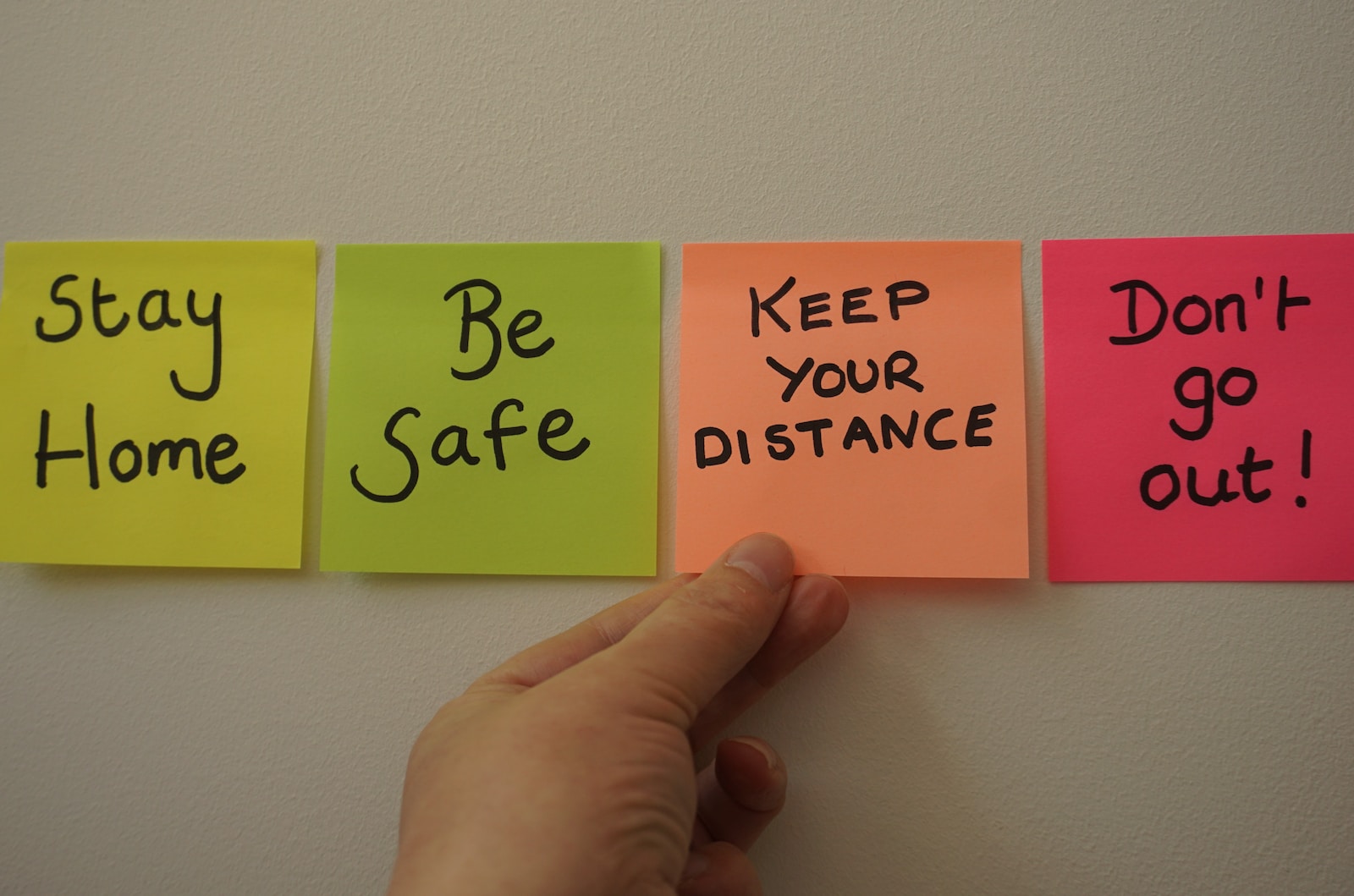COVID-19: Shielding did not help the vulnerable, study shows
Research from Swansea University has found that shielding did not reduce COVID-19 infections in Wales.
Despite being told to stay at home for well over a year, there is no evidence to suggest that isolating helped vulnerable people in the midst of the pandemic, a new study, funded through the National Core Studies Immunity Programme, of health data has revealed.
Experts from Swansea University have been analysing data from the year the stay-at-home policy was introduced in March 2020, and concluded that a ‘lack of clear impact on infection rates raises questions about the success of shielding.’
Working alongside the NHS, researchers examined how shielding affected COVID-19 infections, deaths, and admissions to hospital and intensive care. They compared the 117,000 people shielding in Wales with the rest of the population – three million in total – who were not.
The largest clinical categories in the shielded cohort were severe respiratory condition (35.5%), immunosuppressive therapy (25.9%) and cancer (18.6%).
From this, researchers found:
- Deaths and healthcare utilisation were higher amongst shielded people than the general population, though this would be expected as they are in ill health
- The known COVID-19 infection rate was also higher in shielded cohort (5.9%) than in general population (5.7%)
Researchers focused solely on the situation in Wales, however as the shielding policy was similar throughout the UK, their findings will be of relevance in other countries too.
Professor Helen Snooks of Swansea University Medical School, who led the research, said: ‘Our study found no evidence of reduced COVID-19 infections one year after shielding was introduced. This raises questions about the benefits of shielding for vulnerable people as a policy.
‘Work is ongoing to compare these outcomes, as well as self-reported quality of life, with a matched group of people who were clinically vulnerable, but not selected for Shielding.
‘Having as much evidence as possible about the effect of policies is essential if we are to learn lessons for the future.’
Image: Sarah Kilian
















